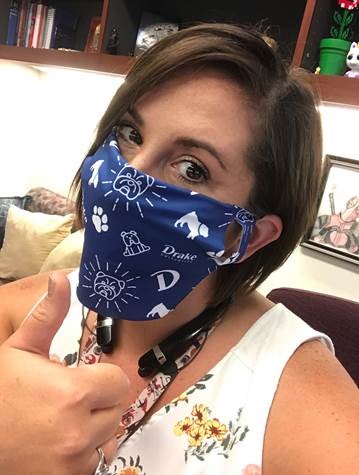Over the past few months, ITS has been developing a framework to better support Drake-owned computers remotely. These solutions will help ensure campus-owned computers are kept up to date, remain secure, and streamline tasks such as changing passwords from off campus.
The first step toward remotely managing Drake-owned computers is to change the way everyone signs into Microsoft 365 applications including myDrake, Teams, Outlook, and Office. This requires moving from our current login process to using Microsoft’s authentication solution.
On Monday, Aug. 31, ITS will begin using Microsoft’s authentication workflow. After this change, all logins to Microsoft 365 applications will require you to use your Drake email address as your username instead of your 9-digit Drake ID. This change will only affect Microsoft-connected applications like myDrake. Non-Microsoft 365 applications will continue to accept either your Drake email address or 9-digit Drake ID as a username.
We are working on creating documentation and will provide more information as we get closer to this change.
— Christopher Mielke, ITS


